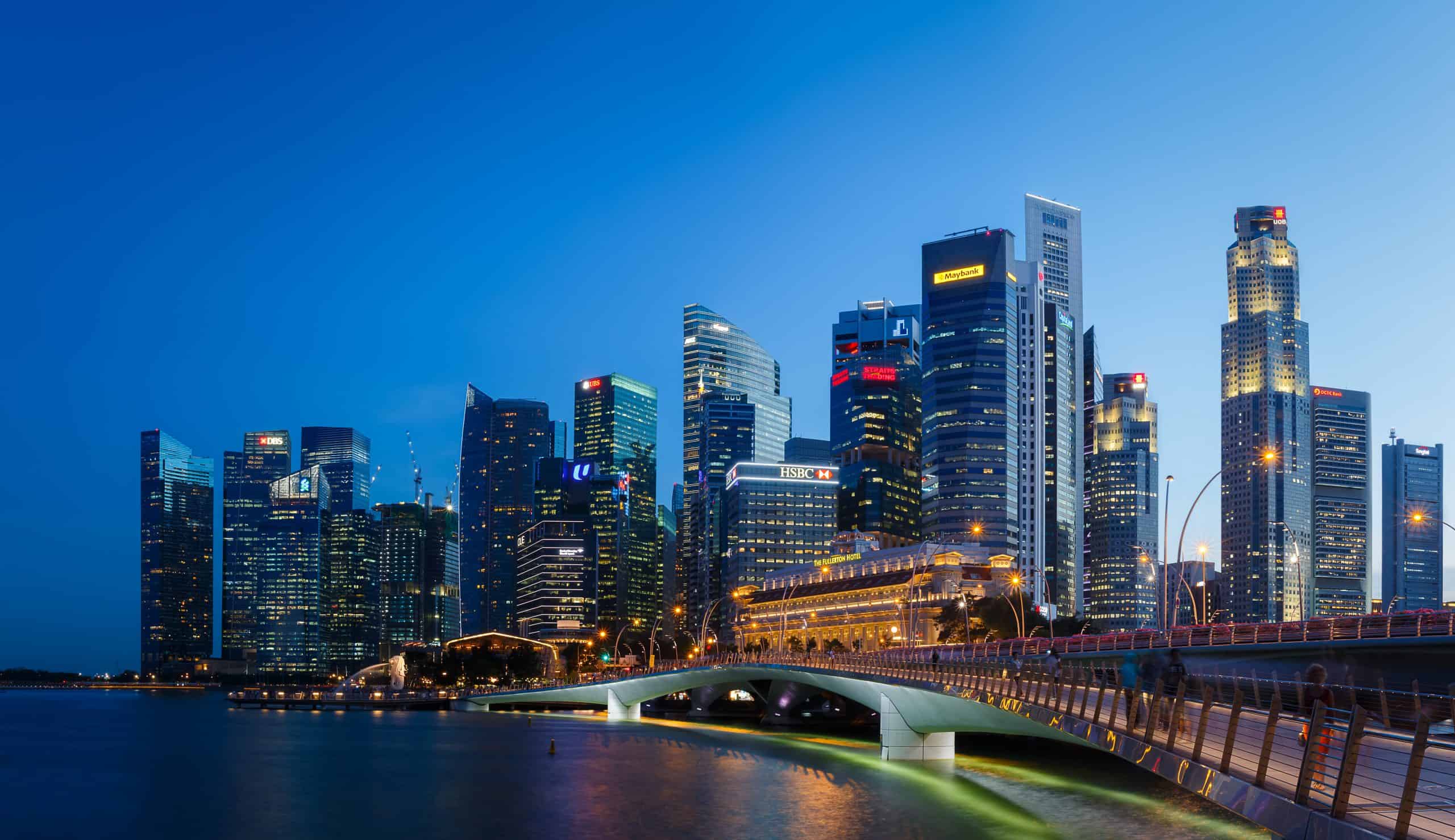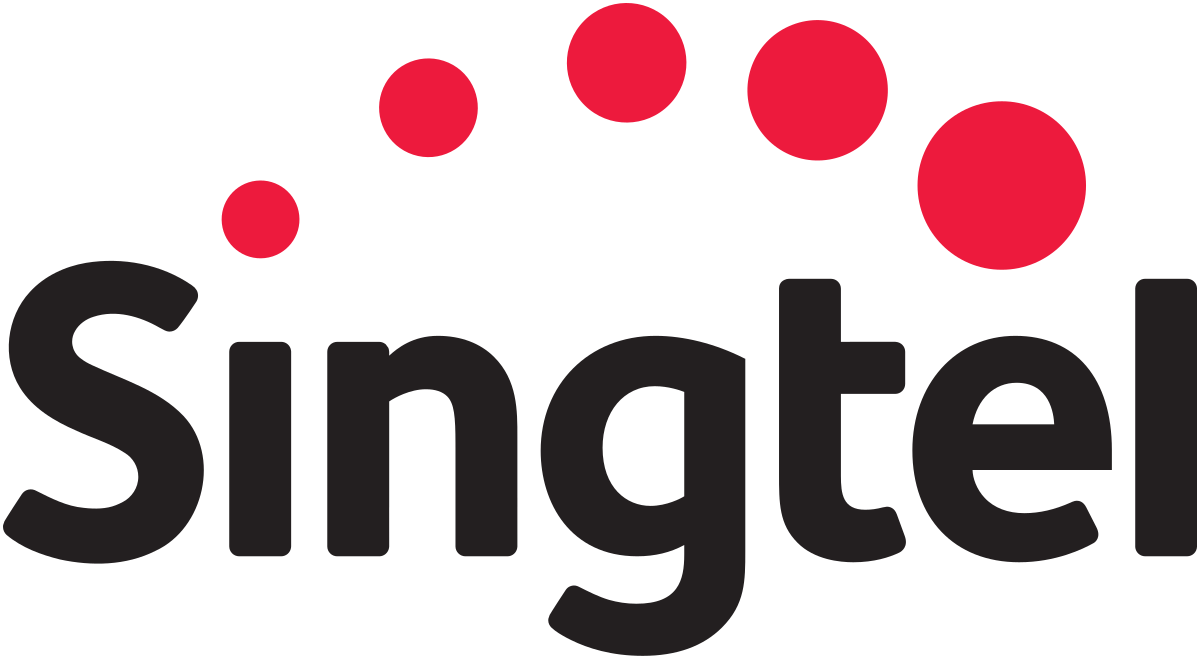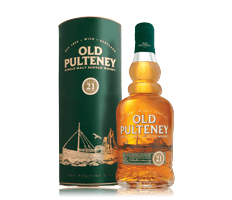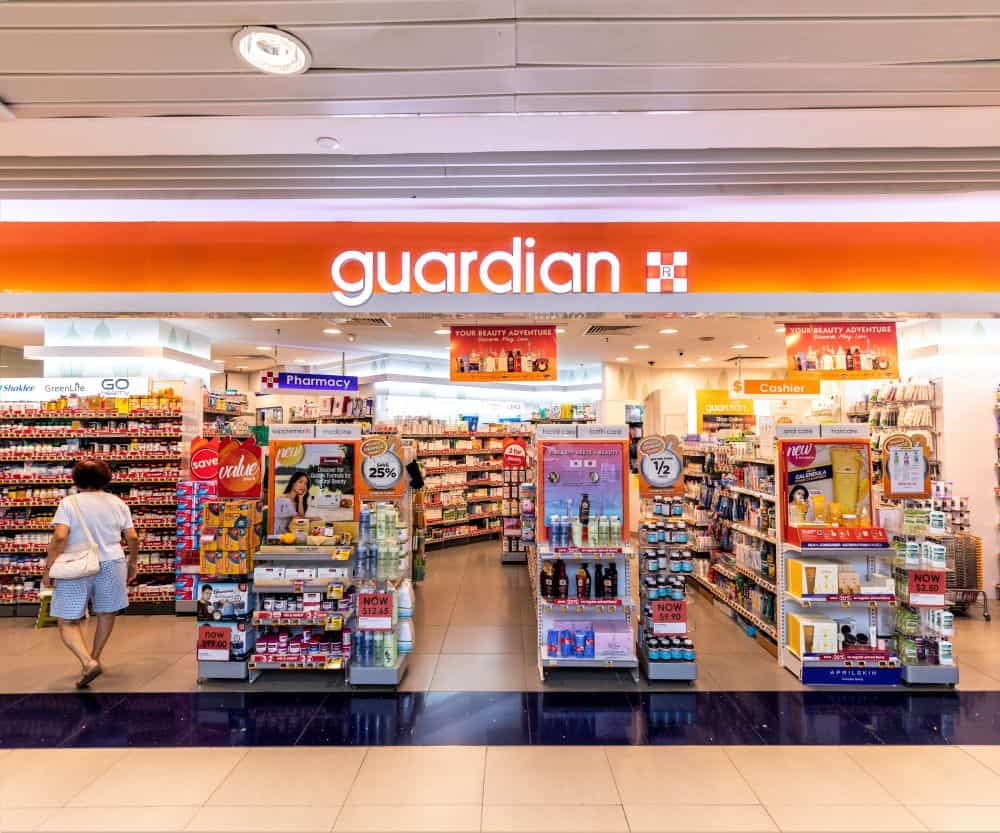In poker, the “blue chip” is considered the chip that has the highest value. In stock market terms, Singapore blue chip stocks refers to nationally recognised, well-established, and financially sound companies.
Blue chips are typically the largest listed companies in Singapore by market capitalisation, and a synonym for stocks in the Straits Times Index. Its performance is tracked and made investible via the STI ETF.
Blue chips are known to be relatively stable due to their strong balance sheet and dominant market position. This means it is more difficult for them to fail and they are more likely to survive financial crisis during bad market cycles.
A reason why Singaporeans prefer to invest in blue chip stocks is mainly because of the perceived certainty. Singapore blue chips are deemed to be less risky and they are often common household names which most Singaporean investors can relate to.
Blue chips are also often backed up by large institutional investors which makes their stock prices less susceptible to speculation.
Here are the top 10 largest Singapore blue chips stocks that we think all Singaporean should know.
#1 DBS, OCBC and UOB

These 3 banks are iconic to Singapore and we believe every Singaporean would have an account in at least one of these banks. Their presence is a commonplace and we can easily spot their branch outlets and ATM machines.
These three Singapore banks are also the largest blue chip stocks in the Straits Times Index (STI), comprising a combined weightage of about 40.5% in the 30-stock index!
Singapore consumers rely on the myriad of bank services - savings, credit cards, payments and transfers, mortgage, loans, insurance and investments. The banks also serve businesses and merchants with services such as factoring and business loans.
These banks have not disappointed shareholders as they have also grown their presence beyond Singapore. Over the years, they have expanded to global markets such as China, India and Thailand.
Our banks have numerous track record of achievements and accolades too:
- DBS was named "World's Best Bank 2019" by Euromoney
- OCBC was named "Best Bank in Asia-Pacific: 2019" by Global Finance
- UOB was named "Retail Bank of the Year" under the Global Retail Banking Innovation Awards 2019 by The Digital Banker
If you're looking to add a Singapore bank stock into your portfolio, you might find our analysis useful: Singapore Bank Stocks - DBS vs OCBC vs UOB

#2 Singapore Telecommunications (SingTel)

Another high-ranking Singapore blue chip stocks you should know about is the Singapore Telecommunications Limited—also known as SingTel.
Unlike the three blue chips above, SingTel is a global communications technology company in Asia based in Singapore that provides a diverse range of services within the communications business to cater the needs of their consumers.
These services are:
- Mobile and fixed-line voice and data,
- Narrow band and broadband Internet services
- Integrated Information Technology and communications solutions
SingTel has been operating for more than 125 years in the industry and the company has gained a regional presence through acquisition of overseas telecommunication companies.
- Advanced Info Service in Thailand
- Bharti Airtel in India
- Globe Telecom in Philippines
- Optus in Australia
- Telkomsel in Indonesia
What's more amazing is that SingTel owns an international submarine cable network that provides connections from Singapore to more than 100 countries. It is also a major investor in many of the world's submarine cable systems, such as South-East Asia – Middle East – Western Europe 3 Cable Network, South-East Asia – Middle East – Western Europe 4 Cable Network, APCN 2, China-US, Japan-US, Southern Cross Cable and Unity (cable system).
Unfortunately, its business was hit badly by the Covid pandemic. As of 27 May 2021, SingTel is planning to unlock some value from their infrastructure assets, in hope to better position itself and to capture the "digital ASEAN growth opportunity". They had also partner up with Grab to launch a digital bank.
These moves will hopefully allow SingTel to pivot and futureproof its business. We dug into their annual report and analysed the fundamentals of their business here, and also share our thoughts on their 1Q22 earnings update here. Remember to do your own research before investing in any stock!

#3 CapitaLand

CapitaLand is one of the largest real estate companies in the world. CapitaLand’s portfolio spans across diversified real estate classes which includes commercial, retail; business park, industrial and logistics; integrated development, urban development; as well as lodging and residential.
With presence across more than 200 cities in over 30 countries, the Group focuses on Singapore and China as its core markets, while it continues to expand in markets such as India, Vietnam, Australia, Europe and the USA.
It manages seven listed real estate investment trusts (REITs) and business trusts as well as over 20 private funds. Since it pioneered REITs in Singapore with the listing of CapitaLand Mall Trust in 2002, CapitaLand’s REITs and business trusts have expanded to include Ascendas Real Estate Investment Trust, CapitaLand Commercial Trust, Ascott Residence Trust, CapitaLand Retail China Trust, Ascendas India Trust and CapitaLand Malaysia Mall Trust.
We believe you have been to many of these malls, if not, all of them!
- Bedok Mall
- Bugis Junction
- Bugis+
- Bukit Panjang Plaza
- Clarke Quay
- Funan
- IMM
- ION Orchard
- JCube
- Jewel Changi Airport
- Junction 8
- Lot One Shoppers' Mall
- Plaza Singapura
- Raffles City
- SingPost Centre
- Tampines Mall
- The Atrium @Orchard
- The Star Vista
- Westgate
We covered its story previously:
In Mar 2021, CapitaLand announced its plan to restructure its business by spinning-off its investment arm while privatising the development arm.
The newly restructured CapitaLand Investment Management (CLIM) was officially listed on 20 Sep 2021 under the ticker 9CI. I took a walk down their history, how they grew into one of the world's biggest REIT and shared my thoughts on CapitaLand's future prospect, you can read it here.

#4 Hongkong Land Holdings

Hongkong Land Holdings Limited is a property investment, management, and development company. It owns and manages prime office and luxury retail property that covers an approximate of 800,000 square meters of property in Hong Kong (450,000 square meters) and Singapore (165,000 square meters).
The company’s segments are Commercial, Residential, and Corporate Property.
Hongkong Land Holdings Limited mainly holds its income in investment properties from Hong Kong and Singapore; making up 97% of the total.
You may not be familiar with the name of the company but you sure have been to or seen some of its commercial properties in Singapore.
CityLink Mall. You would know that the mall links the City Hall MRT Station to nearby malls such as Marina Square, Suntec City and Raffles City. Shoppers can conveniently walk in an air-conditioned subterranean mall and patronise over 60 outlets offering a wide variety of products, services and eateries.

One Raffles Link. One Raffles Link is Hongkong Land's first commercial development in Singapore. It is a seven-storey office building and houses financial institutions. It is connected to CityLink Mall via one of the entrances/exits.

Marina Bay Financial Centre (MBFC). This is an iconic property in the heart of Singapore's Central Business District, or even a key hub in the global financial system. MBFC was a joint-project by Cheung Kong, Hongkong Land and Keppel Land. It offers three office towers of prime Grade-A office space, two residential towers (Marina Bay Suites and Marina Bay Residences) and retail space (Marina Bay Link Mall).

One Raffles Quay. Jointly developed by Hongkong Land, Cheung Kong and Keppel Land, One Raffles Quay is a commercial property with two office towers with large floor plates specifically designed to meet the requirements of leading financial institutions and multinational corporations.

#5 Thai Beverage Public Company Limited

Thai Beverage Public Company Limited is a beverage company that works, together with its subsidiaries, to produce and distribute both alcoholic and non-alcoholic beverages in Thailand and other international countries. It operates through the following four segments:
- Spirits
- Beer
- Non-Alcoholic Beverages
- Food
We're sure you have seen some of the products.
Chang beer. The golden can that is hard to miss. And the names are proudly shown on some football jerseys too.

Whisky. For whisky lovers, you might have known Pulteney or Balbair. And yes, you cannot imagine they are owned by a Thai company. Besides these two brands, they also have anCnoc and Speyburn in their lineup.


Non-alcoholic Beverages. Even if you are not an alcoholic, you must have patronised the good ol' F&N drinks. ThaiBev acquired the beverage business in 2012-13 and the line-up of products including 100-plus isotonic drinks, Seasons tea, Ice Mountain water, Magnolia milk, F&N sodas, NutriSoy, NutriWell, F&N Fruit Tree and Farmhouse milk are commonly found on supermarket shelves.









Thai Beverage Public Company Limited is regarded as the highest ranked consumer staples companies to join within the Straits Times Index.
#6 Genting Singapore

Genting Singapore is a leading gaming and integrated resort development in Australia, the Bahamas, Malaysia, the Philippines, Singapore and the United Kingdom. The Resorts World™ Sentosa (RWS) in Singapore is a well-known integrated resort and a favourite destination for tourists and locals alike.
There are numerous attractions within RWS:
- Universal Studios Singapore
- S.E.A. Aquarium™
- Adventure Cove Waterpark™
- Dolphin Island™
- Attractions Pass
- HeadRock VR
- Kids Club
- Sunset Sail – Royal Albatross
- Trick Eye Museum
- Lake of Dream

#7 ComfortDelGro

ComfortDelGro is said to be one of the largest land transport companies in the world. Here are some of their key subsidiaries you might be familiar with:
Buses. SBS Transit (a subsidiary of ComfortDelGro) operates 226 bus routes and has over 51,955 buses under its wings. It is the largest public bus operator with a market share of 61% (based on 2020 annual report).

Rail. SBS Transit (a subsidiary of ComfortDelGro) operates 2 lines on the Singapore Mass Rapid Transit (SMRT) system, namely, the North-East line and the Downtown line. As well as 1 Light Rail Transit on the Punggol line. The three rail lines spanning a combined total of 83km, SBS Transit’s market share of the rail network is 30.6%.
In all, it operates a total of 78 stations and a fleet of more than 192 trains.

Taxis. The blue and yellow taxis running on the roads of Singapore are a familiar sight. According to the ComfortDelGro annual report in 2020, ComfortDelGro has a combined fleet of about 10,000 Comfort and CityCab taxis.
This segment was hit simultaneously by intense competition from private hire services and the Covid pandemic. During the peak of the pandemic, CDG has helped its drivers by launching the ComfortDelivery platform which helped to generate a gross total income of S$426,000 for its cabbies. This service was decommissioned in 30 Nov 2020 when taxi demands gradually recovered.

Vehicle Inspection. Drivers would be familiar with VICOM (a subsidiary of ComfortDelGro) because it is one of the two vehicle inspection service providers to get your vehicle checked.

Driving Centre. ComfortDelGro Driving Centre or CDC, was the place where I learned to drive! The nostalgic building at Ubi.
But this is not the only place in Singapore to learn driving. There are competitors such as Bukit Batok Driving Centre in the west and Singapore Safety Driving Centre in the north.


Our national airline is our national pride and it is probably the most familiar Singapore brand. SIA is known for its high safety standards and great service, among foreigners. It has several brands under its wings:
Singapore Airlines. The main flagship airline carries passengers to 66 destinations. The routes are served by 122 aircrafts.

SilkAir. Besides the flagship carrier, the company have other subsidiaries and fleets. SilkAir flies the regional medium-haul flights to secondary cities. SilkAir currently serves 36 destinations with a fleet of 25 aircraft.

Scoot. This is the budget airline under Singapore Airlines. It merged with Tigerair in 2016. Currently serving 68 destinations with 49 aircrafts.

SIA Cargo. Besides passenger transportation, there's also SIA Cargo. The fleet has carried special cargo such as racehorses and Formula 1 race cars.
It was also being used for import the Covid-19 vaccines.

SIA Engineering Company. This subsidiary provides aircraft maintenance, repair and overhaul (MRO) services. SIAEC’s international line maintenance network covers 35 airports.

Singapore Airlines' business was greatly impacted by the global lockdowns and a highly reduced air travel schedule. This was their revenue breakdown at the end of 2020, passenger flown revenue fell by almost 95%, due to the pandemic:

SIA's revenue took a hit as the world shut down when Covid started. They had raised funds through mandatory convertible bonds previously.
With the announcement of Vaccinated Travel Lanes (VTLs), SIA is finally seeing the light at the end of the tunnel! We did a quick technical analysis on their share price after VTLs were announced, you can read here and hopefully catch the next wave of momentum.
#9 Singapore Press Holdings

SPH made news lately for a badly managed press conference and the news of its restructuring plan.
It has three major operating segments, namely Media, Property, and Treasury and Investment.
Singaporeans are most familiar with the media business thanks to the flagship newspaper, Straits Times. SPH also have several magazines and digital media assets under her wing.

SPH Radio. The media business also includes 5 radio stations which are quite popular in Singapore.

SPH REIT. SPH have invested in properties over the years and even spun off an SPH REIT to hold her prized real estate. Some of these properties are frequented by locals such as Paragon, The Clementi Mall and The Seletar Mall.

Orange Valley. Nursing homes are increasingly important in an ageing society. Orange Valley is one of Singapore’s leading nursing home operators.

#10 Dairy Farm

Dairy Farm is a subsidiary of Jardine Strategic and Jardine Matheson. Even if you have not heard of this stock, you would have probably patronised one of their many subsidiaries:
Supermarkets. You would have probably shopped at Cold Storage and Giant supermarkets before. Dairy Farm also runs other brands such as Marketplace and Jasons which are premium supermarkets, albeit of smaller presence.

Convenience Stores. 7-Eleven is likely the first name you would think of when speaking about convenience stores. Many of them are open 24-7 and easily accessible around the island. You may even find two stores close to each other in some heavily populated areas.

Health and Beauty Stores. The bright orange Guardian stores are a commonplace in most shopping malls pitting against her main rival, Watsons. They sell beauty products and often have an in-store pharmacy where you can buy non-prescribed drugs conveniently.

Starbucks. Maxim's Caterers (a Dairy Farm's joint venture) was awarded the exclusive right to operate Starbucks stores in Singapore. That's more than 130 outlets besides the ones in Hong Kong, Macau, Cambodia and Vietnam.

We had expected that Covid-19 would be a positive catalyst for Dairy Farm and for a very short period of time, the price action did see some bullish momentum. However this momentum was unable to gain traction as overtime, DFI’s share price was unable to break its bearish trend.
Which got us curious about their business. We share our analysis of their business and a technical analysis of their share price performance here.
How can I Invest in Blue Chip Stocks?
Step 1: Set up your CDP account
A Central Depository (CDP) account allows Singapore investors to store their stocks.
To learn more about CDP account and how you can set it up in 2 easy ways, refer to our SGX CDP guide.
Step 2: Open a brokerage account
Your broker will be the middleman to fulfilling your buy and sell orders. In order to invest in Blue Chip Stocks, you’ll need a brokerage account.
Here’s a guide on how to start your first stock brokerage account.
Step 3: Decide on which blue chip stock
Depending on your goal in investing, you may prefer select blue chip stocks accordingly.
For example, dividend investors prefer REITs or Dividend stocks that will pay them regularly while value investors are out hunting for cheap stocks.
You can refer to our guides to learn more about the different types of investing.
Step 4: Buy your blue chip stocks
Once you have decided, its time to fund your account and buy your blue chip stocks through your brokerage account.
Each brokerage platform differs slightly. You can refer to your broker’s guide on how to execute your order.
Step 5: Monitor
There’s more to investing than just buying and forgetting about the stock. You’ll want to do an annual check of your stocks to make sure your blue chip stocks are still performing well.

